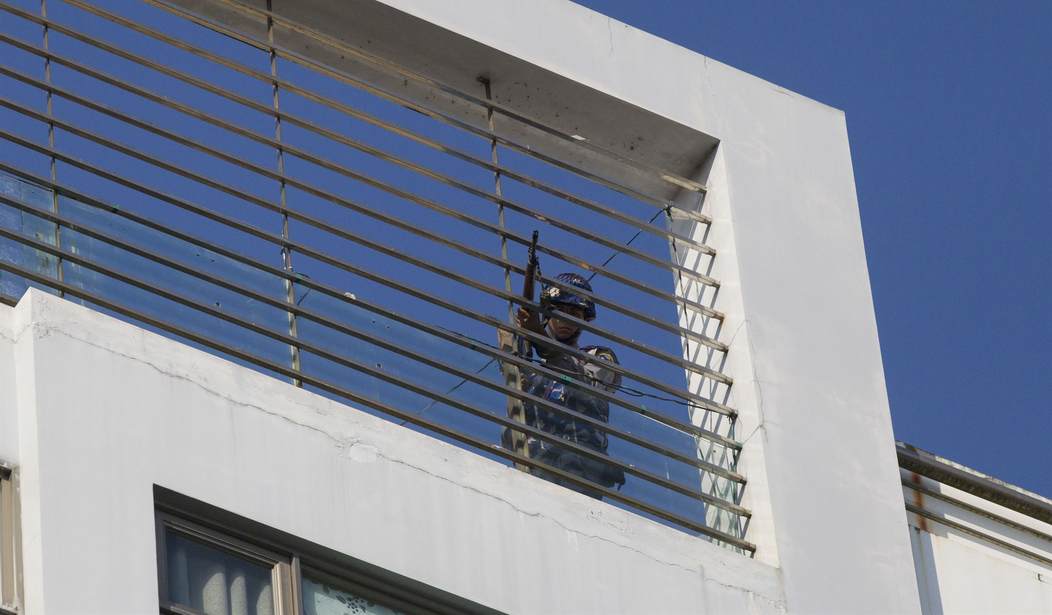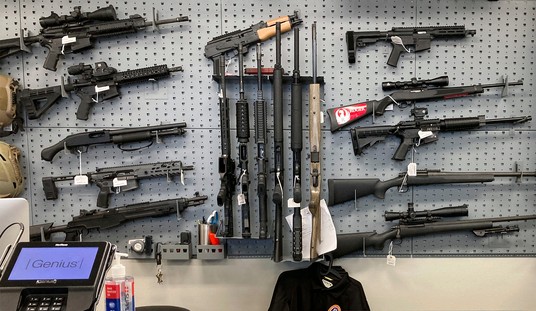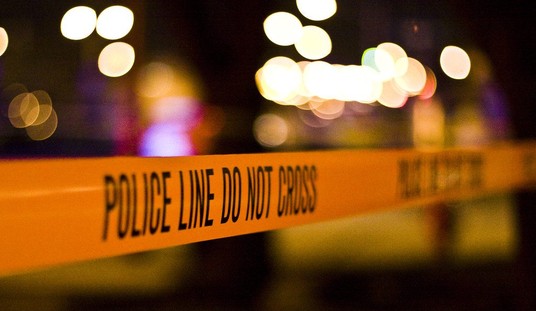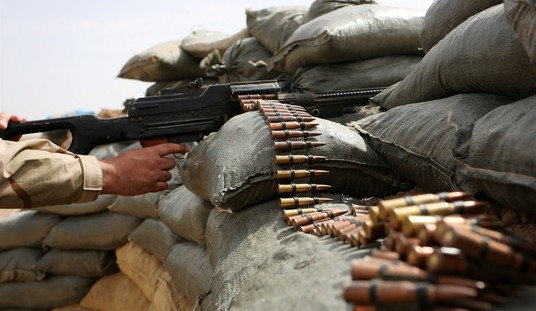The wanton murders of protesters at the hands of the military in Myanmar continued over the weekend, with dozens of casualties reported across the country. The United Nations reported on Monday that at least 138 civilians have been reported killed by the military since it seized power last month, and on Sunday the acting head of the nation’s civilian government that was ousted in the military coup announced plans to change the country’s law and empower citizens to act in self-defense.
Mahn Win Khaing Than, the acting leader of Myanmar’s parallel civilian government, addressed the public via Facebook on Saturday, saying, “This is the darkest moment of the nation and the moment that the dawn is close.”
The Irrawaddy media group said three people were killed when police opened fire on protesters in Yangon on Sunday. Myanmar Now said 15 people were also injured.
At least two people were killed elsewhere in the Southeast Asian nation, a day after Mahn Win Khaing Than, who is on the run along with most senior officials from the ruling National League for Democracy Party, said the civilian government would seek to give people the legal right to defend themselves.
A young man was shot and killed in the town of Bago, near Yangon, witnesses and domestic media said. The Kachin Wave media outlet said another protester was killed in the town of Hpakant, in the jade mining area in the northeast.
The Monywa township in central Myanmar declared it had formed its own local government and police force.
In Yangon, hundreds of people demonstrated in different parts of the city after putting up barricades of barbed wire and sandbags to block security forces.
In one area, people staged a sit-in protest under sheets of tarpaulin rigged up to protect them from the harsh midday sun. “We need justice,” they chanted.
At least 13 people were killed on Saturday, one of the bloodiest days since the coup, witnesses and domestic media said.
“They are acting like they are in a war zone, with unarmed people,” said Myat Thu, an activist in the city of Mandalay.
As we’ve previously reported, the gun laws in Myanmar are so restrictive that civilian gun ownership is a rarity. Theoretically, citizens are allowed to possess a firearm, but the licensing regime is so subjective that the government has been able to prevent the vast majority of residents from owning a firearm. Even before the military coup, there was a push underway to reform the gun laws in Myanmar, as the website Frontier Myanmar reported in 2018.
“There is a need to enact a new law or draft a policy which guarantees that citizens have the right to self-protection,” said lawyer U Khin Zaw (Mayangone), adding that citizens would otherwise be unable to prevent themselves from becoming victims of serious crimes, such as armed robbery, banditry and kidnapping.
After General Ne Win seized power in 1962, the ruling Revolutionary Council military government ordered the confiscation of all firearms owned by citizens. It would hold onto these firearms for well over a decade, and most would not be returned to their original owners.
After the transition from a military regime to the Burma Socialist Programme Party government, the government implemented a new policy on firearms in 1977 that resulted in the repeal of three orders issued by the democratic government in 1959 under the 1951 act.
Although the policy is the cause of many complications, legal experts say its intent was to ensure that confiscated licensed firearms were distributed among members of the BSPP and retired civil servants, including former members of the Tatmadaw, rather than returning them to their original owners.
Lawyer U Kyi Myint says that Myanmar firearms laws have generally given the authorities significant discretion in dispensing licences, stating only that they should go to people of “dignity” and “good character”.
Kyi Myint said this was not a problem during the post-independence democratic government, but subsequent military administrations gave priority for firearms ownership to high-profile military veterans and those with whom the juntas were closely associated.
“None of these decisions met the norms of democracy,” said Kyi Myint, who is also chair of the Union Lawyers’ and Paralegals’ Association. “The government and parliaments need to decide what to do; whether to continue the procedure inherited from the military dictatorship or introduce legislation based on that used by the AFPFL [Anti-Fascist People’s Freedom League] government,” he said, referring to the government that ruled from independence to 1958, when it split into factions.
Incidentally, U Kyi Myint is now president of the civilian government, as well as one of the many civilian officials who’ve been taken into custody by the military since the coup began on February 1st. Now, with the military slaughtering dozens of unarmed protesters, the civilian government that was ousted is taking a second look at the right of self-defense, though as a practical concern there’s not much they can do at the moment.
Legal niceties are less of a concern right now than simply surviving the government-sanctioned murders of dozens of protesters. It’s great to see those civilian leaders call on the people to act in self-defense, but it’s important to remember that previous governments are responsible for keeping citizens disarmed in the first place.
As for those who would rather the civilian population of Myanmar remain unarmed and unable to fight back, my biggest question is “why”? Why would you prefer the wholesale slaughter of civilians over the prospects of a civil war? Of course neither option is ideal, but the time for easy answers is past. The good options are off the table, but I would much rather see a messy civil war than continue to watch the military try to establish peace (and power) by gunning down dozens of unarmed civilians.










Join the conversation as a VIP Member